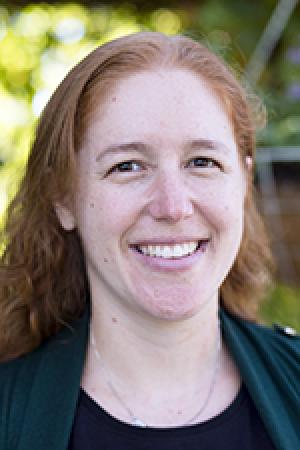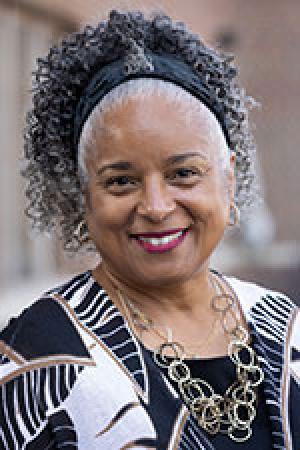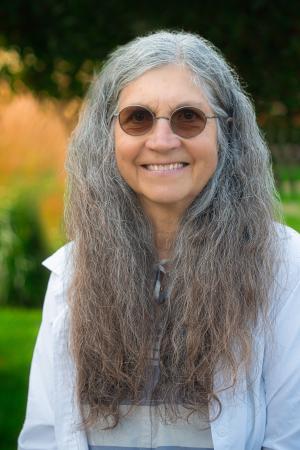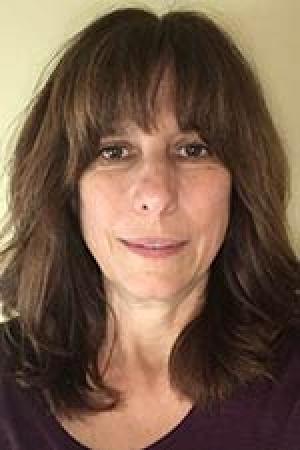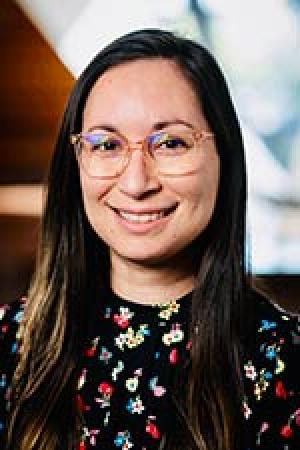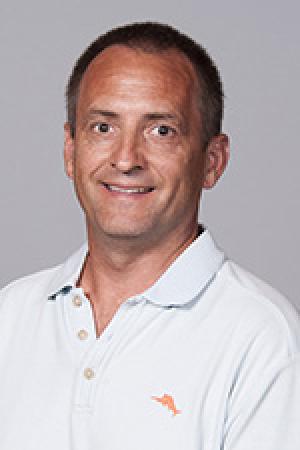Mathematics education MA
The MA in mathematics education is a research degree designed for experienced educators who wish to explore and improve math teaching and learning. We are focused on helping transition K-12 curriculum from an emphasis on algorithms to one which emphasizes conceptual understanding and problem solving.
Focus areas of research include:
- STEM integration
- Learning and cognition
- Research on instructor preparation
- Evaluation and assessment
About the program
Curriculum
The MA program can be completed in two years of full-time study or can be completed in a longer timeline on a part-time basis.
To view the core curriculum and electives visit the MA in education, curriculum and instruction page in the course catalogue and look under sub-plan for "Mathematics Education".
Two curriculum options are available for MA students. You can choose either a thesis (Plan A) or final paper (Plan B) to complete your degree.
Research opportunities
You can engage in research that advances the field of mathematics education and ties into your area of interest. Faculty work closely with you to achieve your research and educational goals and improve educational opportunities for students. Learn more about the student research experience in the Department of Curriculum and Instruction.
Career outlook
Graduates of the MA in mathematics education have assumed positions as university faculty, instructional leaders in the public schools, curriculum development specialists, and assessment specialists, Many go on to earn their PhD in STEM education.
How to apply
Application deadline and instructions
Priority deadline: December 1 for admission to the fall of the following year
Admissions decisions: January
Faculty review applications in mid-late December, and the Graduate School will notify applicants about admission decisions shortly thereafter. Final admission decisions are based on complete applications. All application materials must be included for the application to be released for review.
Before applying online, go through the application checklist to ensure you have all the required materials. We are here to help! If you have questions, please contact the Graduate Studies Coordinator. If you are a returning Graduate School student, follow the Readmission guidelines. If you are a current Graduate School student and need to change your program, follow the Change of Status guidelines.
Request Information
We're here to help. Simply complete one of these forms and a member of our department will be in touch
